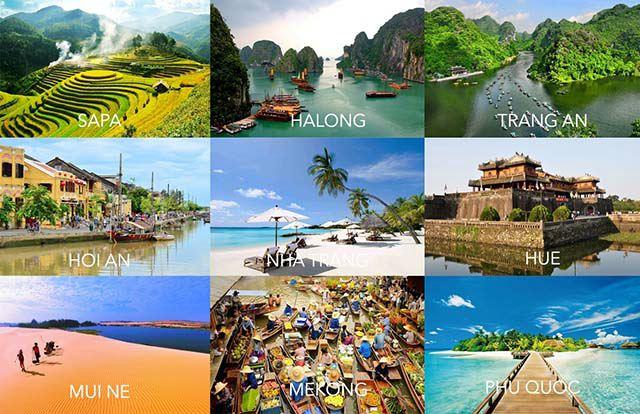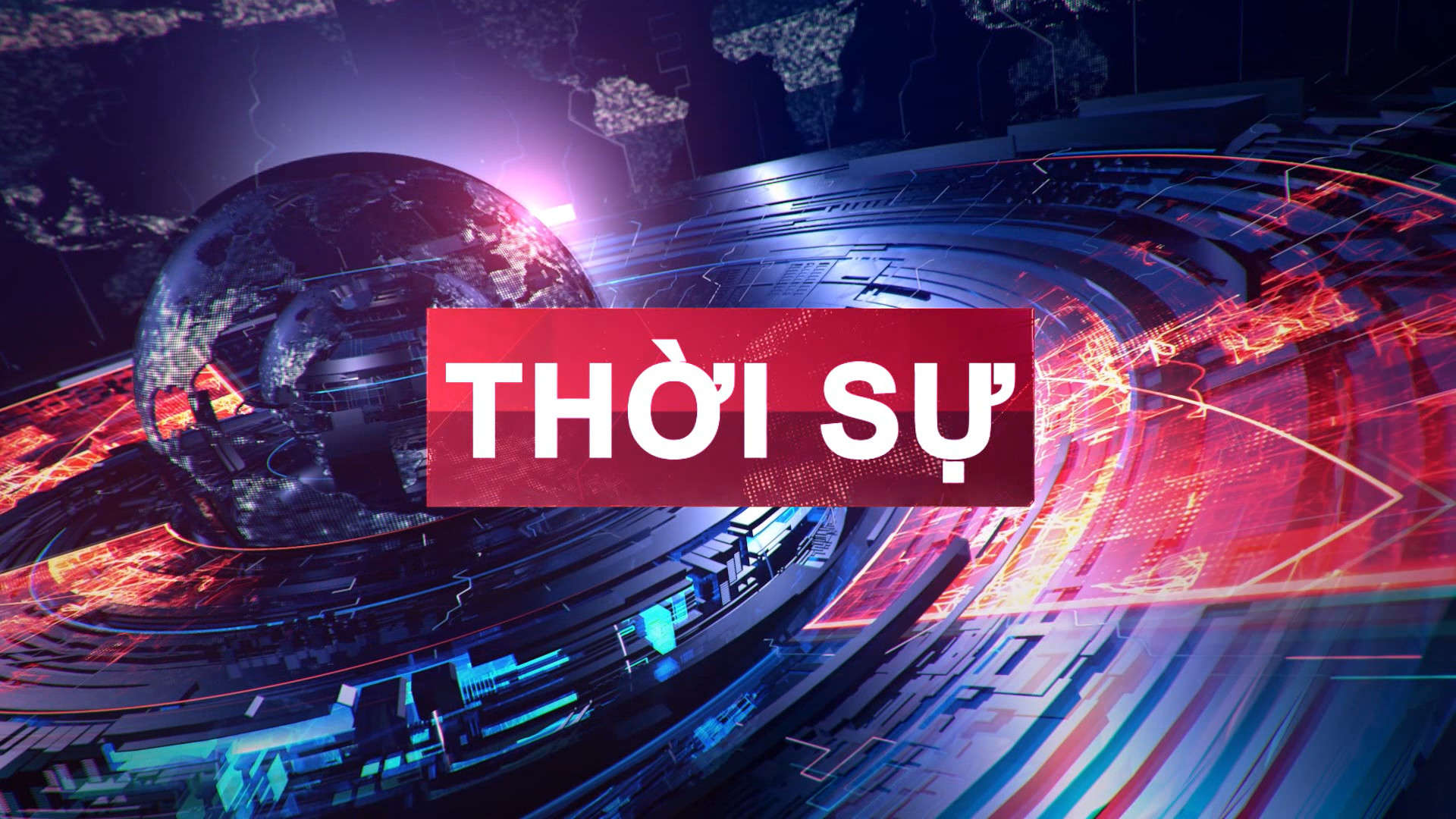Theo đó, sau 10 năm triển khai thực hiện Nghị quyết số 29-NQ/TW "Về đổi mới căn bản, toàn diện giáo dục và đào tạo, đáp ứng yêu cầu công nghiệp hoá, hiện đại hóa trong điều kiện kinh tế thị trường định hướng xã hội chủ nghĩa và hội nhập quốc tế", giáo dục và đào tạo nước ta đã đạt được nhiều kết quả quan trọng.
Cả nước đã hoàn thành phổ cập giáo dục mầm non cho trẻ em 5 tuổi; duy trì vững chắc, từng bước nâng cao chất lượng phổ cập giáo dục tiểu học và trung học cơ sở; giáo dục phổ thông chuyển hướng tích cực từ chủ yếu trang bị kiến thức sang phát triển toàn diện phẩm chất, năng lực người học; chất lượng giáo dục phổ thông đại trà và mũi nhọn ngày càng nâng cao.
Giáo dục thường xuyên phát triển đa dạng về nội dung và hình thức; các phong trào thi đua học tập, khuyến học, khuyến tài, xây dựng xã hội học tập được quan tâm thực hiện. Giáo dục nghề nghiệp đã phát triển mạnh về số lượng và chú trọng nâng cao chất lượng từng bước đáp ứng tốt hơn nhu cầu của thị trường lao động.
Giáo dục đại học tiếp tục đổi mới, gắn với tăng cường tự chủ đã tạo ra động lực mới, tạo chuyển biến mạnh về chất lượng, hiệu quả trong đào tạo nguồn nhân lực và nghiên cứu khoa học; số lượng chương trình đào tạo được kiểm định và công bố khoa học quốc tế tăng mạnh, một số cơ sở giáo dục đại học và nhóm ngành đào tạo được xếp hạng cao trong khu vực và thế giới.
Phương pháp dạy - học và công tác thi, kiểm tra, đánh giá chất lượng giáo dục được đổi mới theo hướng hiện đại, ngày càng thực chất, hiệu quả hơn. Đội ngũ nhà giáo và cán bộ quản lý giáo dục cơ bản được chuẩn hoá, từng bước bảo đảm số lượng. Cơ sở vật chất, trang thiết bị dạy học được cải thiện, bước đầu đáp ứng yêu cầu đổi mới giáo dục, đào tạo.
Bên cạnh những kết quả đạt được, việc thực hiện Nghị quyết 29-NQ/TW còn một số hạn chế, bất cập; việc thể chế hóa một số nội dung của Nghị quyết thành chính sách, pháp luật phục vụ đổi mới giáo dục và đào tạo, quy hoạch mạng lưới cơ sở giáo dục đại học chậm được ban hành; việc thực hiện tự chủ trong các cơ sở giáo dục, đào tạo, triển khai chương trình, sách giáo khoa giáo dục phổ thông mới còn gặp nhiều khó khăn; liên thông giữa các cấp học, trình độ đào tạo, phân luồng học sinh sau trung học cơ sở còn bất cập.
Giáo dục nghề nghiệp và giáo dục đại học chưa thực sự gắn với thị trường lao động, chưa đáp ứng yêu cầu nhân lực cho các ngành kinh tế mới, công nghệ cao; trình độ ngoại ngữ, trong đó có tiếng Anh của lao động qua đào tạo còn thấp, chưa đáp ứng yêu cầu hội nhập quốc tế. Tỉ lệ học sau đại học, nhất là các ngành khoa học cơ bản, kỹ thuật và công nghệ còn thấp. Cơ cấu, số lượng đội ngũ nhà giáo ở nhiều địa phương chưa hợp lý, chất lượng chưa đồng đều.
Chính sách, cơ chế tài chính cho giáo dục còn bất cập; tỉ lệ phòng học chưa kiên cố hóa còn cao, cơ sở vật chất, trang thiết bị dạy học còn thiếu, nhất là ở khu vực miền núi, khu công nghiệp, khu vực đông dân cư. Một số chỉ tiêu Nghị quyết đề ra chưa hoàn thành; công tác truyền thông về đổi mới giáo dục và đào tạo, xã hội hóa giáo dục và hiệu lực, hiệu quả quản lý nhà nước về giáo dục và đào tạo còn có mặt hạn chế, chưa thu hút được nhiều nguồn lực ngoài nhà nước đầu tư cho giáo dục...

Tiếp tục nâng cao chất lượng giáo dục toàn diện ở các cấp học (ảnh minh hoạ)
9 nhiệm vụ để tiếp tục thực hiện đổi mới căn bản, toàn diện giáo dục và đào tạo
Nhằm tiếp tục đẩy mạnh đổi mới căn bản, toàn diện giáo dục và đào tạo đáp ứng yêu cầu phát triển đất nước trong giai đoạn mới, thích ứng với cuộc Cách mạng công nghiệp lần thứ tư và sự phát triển mạnh mẽ của công nghệ số, trí tuệ nhân tạo, đưa giáo dục và đào tạo Việt Nam đạt trình độ tiên tiến của khu vực châu Á vào năm 2030 và đạt trình độ tiên tiến của thế giới vào năm 2045, Bộ Chính trị yêu cầu tiếp tục quán triệt, thực hiện nghiêm túc, hiệu quả các quan điểm, mục tiêu, nhiệm vụ, giải pháp đã nêu trong các Nghị quyết của Đảng về giáo dục và đào tạo, đồng thời tập trung thực hiện tốt 9 nhiệm vụ.
Trong đó, tiếp tục nâng cao chất lượng giáo dục toàn diện ở các cấp học mầm non, phổ thông, giáo dục thường xuyên và giáo dục chính trị, tư tưởng cho học sinh, sinh viên.
Ban hành và tổ chức triển khai hiệu quả chương trình giáo dục mầm non mới với nội dung và phương pháp tiên tiến, phù hợp với điều kiện thực tiễn; từng bước thực hiện phổ cập giáo dục mầm non cho trẻ em 3, 4 tuổi; quản lý chặt chẽ các cơ sở giáo dục mầm non ngoài công lập, nhất là các nhóm trẻ, lớp mẫu giáo, lớp mầm non độc lập.
Tiếp tục hoàn thiện và triển khai thực hiện có hiệu quả chương trình giáo dục phổ thông mới, tập trung đổi mới mạnh mẽ phương pháp dạy và học theo hướng phát huy tính tích cực, chủ động, sáng tạo của người dạy và người học; phát triển toàn diện năng lực và phẩm chất người học. Thực hiện một chương trình giáo dục phổ thông thống nhất cả nước, mỗi môn học có một hoặc một số sách giáo khoa và xã hội hóa việc biên soạn sách giáo khoa; thực hiện giáo dục bắt buộc 9 năm.
Phát triển giáo dục thường xuyên đa dạng về nội dung và hình thức, đáp ứng nhu cầu học tập suốt đời của người dân. Giảm tỉ lệ mù chữ ở vùng đặc biệt khó khăn, vùng đồng bào dân tộc thiểu số.
Đổi mới, nâng cao chất lượng công tác giáo dục chính trị, tư tưởng, đạo đức, lối sống, kỹ năng sống, giáo dục quốc phòng, an ninh gắn với việc xây dựng và phát huy hệ giá trị văn hoá, con người Việt Nam.
Đẩy mạnh triển khai xây dựng văn hóa học đường, quan tâm giáo dục cho học sinh, sinh viên lòng yêu nước, lòng tự hào, tự tôn dân tộc, khơi dậy khát vọng cống hiến phát triển đất nước phồn vinh, hạnh phúc. Tăng cường công tác tư vấn học đường, tư vấn hướng nghiệp; tăng cường sự phối hợp giữa gia đình, nhà trường và xã hội trong giáo dục học sinh, sinh viên.
Nhiệm vụ tiếp theo là tập trung đầu tư hiện đại hóa giáo dục nghề nghiệp, giáo dục đại học và nâng cao tiềm lực nghiên cứu khoa học trong các cơ sở giáo dục, đào tạo. Trong đó, xây dựng cơ chế, chính sách đột phá và đầu tư nguồn lực tương xứng để phát triển các đại học quốc gia, đại học vùng, các cơ sở giáo dục đại học xuất sắc theo hiệp định quốc tế, các cơ sở giáo dục đại học trọng điểm, cơ sở giáo dục đại học sư phạm ngang tầm các nước tiên tiến, có đủ năng lực, điều kiện để giữ vai trò nòng cốt trong đào tạo và nghiên cứu khoa học.
Cho phép các cơ sở giáo dục thuộc khối Quân đội, Công an đào tạo hệ dân sự đối với các ngành lưỡng dụng một cách phù hợp để khai thác hiệu quả các nguồn lực, đáp ứng yêu cầu phát triển kinh tế - xã hội của đất nước. Đầu tư nâng cao tiềm lực, hoàn thiện các quy định liên quan đến nghiên cứu khoa học, đổi mới sáng tạo trong các cơ sở giáo dục đại học theo hướng tạo thuận lợi, tháo gỡ các nút thắt, rào cản, tính đến đặc thù về độ trễ và rủi ro trong nghiên cứu khoa học, đổi mới sáng tạo.
Có cơ chế, chính sách ưu đãi, khuyến khích thương mại hóa kết quả nghiên cứu khoa học và hợp tác nghiên cứu, triển khai giữa các cơ sở giáo dục đại học với doanh nghiệp…
Tiếp tục hoàn thiện hệ thống giáo dục quốc dân theo hướng mở, linh hoạt, liên thông, thúc đẩy xã hội học tập và học tập suốt đời; đẩy mạnh chuyển đổi trong giáo dục và đào tạo.
Phát triển, nâng cao chất lượng, chuẩn hóa đội ngũ giáo viên và cán bộ quản lý giáo dục các cấp; bảo đảm đủ số lượng giáo viên theo định mức quy định; nghiên cứu cơ chế, chính sách điều động, luân chuyển giáo viên giữa các địa phương để giải quyết căn bản tình trạng thừa, thiếu giáo viên cục bộ và nâng cao chất lượng giáo dục cho các vùng khó khăn.
Tiếp tục đổi mới cơ chế quản lý, bảo đảm đủ điều kiện cơ sở vật chất và nguồn lực tài chính cho phát triển giáo dục và đào tạo; bảo đảm ngân sách nhà nước chi cho giáo dục, đào tạo tối thiểu 20% tổng chi ngân sách nhà nước như Nghị quyết số 29-NQ/TW đã đề ra. Đồng thời, kịp thời điều chỉnh tăng mức chi ngân sách nhà nước cho giáo dục và đào tạo phù hợp với tăng trưởng của nền kinh tế. Nhà nước bảo đảm kinh phí cho giáo dục bắt buộc, giáo dục phổ cập, miễn học phí cho trẻ em mẫu giáo 5 tuổi và thực hiện các nhiệm vụ trọng điểm trong lĩnh vực giáo dục; ưu tiên đầu tư cho giáo dục, đào tạo vùng đồng bào dân tộc thiểu số, miền núi, biên giới, hải đảo.
Triển khai chương trình đầu tư kiên cố hóa trường học, xóa phòng học tạm, xây dựng trường chuẩn quốc gia và bảo đảm đầy đủ cơ sở vật chất, trang thiết bị dạy học tối thiểu, nhất là ở các vùng nông thôn, đồng bào dân tộc, miền núi, biên giới, hải đảo, phấn đấu đến năm 2030 tỉ lệ phòng học được kiên cố hóa đạt 100%; xây dựng, trình cấp có thẩm quyền phê duyệt chương trình đầu tư công hiện đại hóa giáo dục đại học, giáo dục nghề nghiệp phù hợp với quy hoạch mạng lưới cơ sở giáo dục đại học, sư phạm và cơ sở giáo dục nghề nghiệp thời kỳ 2021-2030, tầm nhìn đến năm 2050 để tạo đột phá trong phát triển nguồn nhân lực chất lượng cao.
Hoàn thiện cơ chế, chính sách đầu tư cho giáo dục và đào tạo… Cải thiện môi trường đầu tư trong lĩnh vực giáo dục và đào tạo, bảo đảm cạnh tranh công bằng, minh bạch; có cơ chế, chính sách mạnh mẽ thúc đẩy, khuyến khích phát triển giáo dục ngoài công lập, nhất là các chính sách ưu đãi về đất đai, thuế, tín dụng nhằm huy động các nguồn lực đầu tư cho giáo dục và đào tạo; tập trung tháo gỡ những vướng mắc trong cơ chế tự chủ tài chính đối với các cơ sở giáo dục, đào tạo công lập.
Hoàn thiện chính sách hỗ trợ người học từ ngân sách nhà nước thông qua cấp học bổng hoặc hỗ trợ miễn giảm học phí đối với các ngành, nghề Nhà nước cần ưu tiên phát triển ở các trình độ đào tạo, mở rộng đối tượng và nâng mức ưu đãi cho vay tín dụng.
Đẩy mạnh hội nhập quốc tế trong giáo dục và đào tạo đáp ứng yêu cầu nâng cao chất lượng nguồn nhân lực phục vụ phát triển đất nước trong giai đoạn mới. Tập trung nâng cao năng lực ngoại ngữ của học sinh, sinh viên, từng bước đưa tiếng Anh trở thành ngôn ngữ thứ hai trong trường học.
Khuyến khích các cơ sở giáo dục và đào tạo trong nước liên kết, hợp tác với các cơ sở giáo dục và đào tạo tiên tiến trên thế giới. Xây dựng cơ chế, chính sách đột phá để thu hút, sử dụng chuyên gia, nhà khoa học nước ngoài và người Việt Nam ở nước ngoài về giảng dạy, nghiên cứu và làm việc tại các cơ sở giáo dục và đào tạo trong nước; khuyến khích, thu hút học sinh, sinh viên nước ngoài đến học tập tại Việt Nam.
Thu hút các cơ sở giáo dục đại học uy tín trên thế giới mở phân hiệu tại Việt Nam. Tiếp tục đào tạo nguồn nhân lực chất lượng cao ở nước ngoài bằng ngân sách nhà nước, nhất là đào tạo giảng viên trình độ tiến sĩ và chuyên gia các ngành kỹ thuật, công nghệ mũi nhọn. Tăng cường đưa tiếng Việt và văn hóa Việt Nam ra nước ngoài…
Nguồn: https://toquoc.vn/tiep-tuc-thuc-hien-doi-moi-can-ban-toan-dien-giao-duc-va-dao-tao-20240815153316721.htm







































Comment (0)